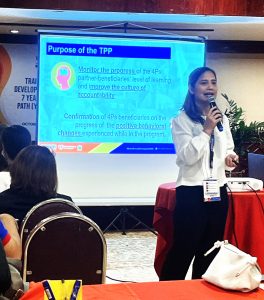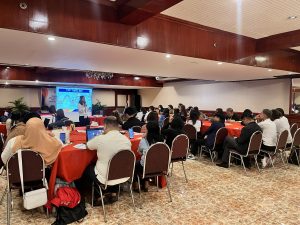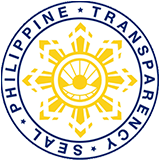The Pantawid Pamilyang Pilipino Program (4Ps) in the National Capital Region recently held a three-day Training of Trainers (TOT) on the “FDS Talaan ng Pag-Unlad at Pagbabago” (TPP) from October 2 to 4 in Quezon City.
The activity aims to equip the trainers with necessary skills for implementation on the newly developed Family Development Session Progress Tracking Tool for the beneficiaries in 4Ps.
The TPP is designed to enhance the Program implementation by monitoring 4Ps households with the essential tools to address their needs and challenges, standardize their learning and monitoring processes, measure their behavioral changes, and promote positive values among the 4Ps beneficiaries in the program.
The TPP initiative seeks to improve various aspects of the lives of 4Ps beneficiaries by focusing on six key areas: program fluency, education, health, nutrition, family life management, and livelihood and financial literacy. Program fluency emphasizes the beneficiaries’ understanding of 4Ps objectives, conditions, and criteria. The education component ensures that children attend school regularly, with caregivers playing a supportive role in their children’s academic progress. Health and nutrition components promote access to essential healthcare services and foster healthy eating habits to support the growth and development of children. Family life management aims to enhance the overall well-being of families and their role in the community. And, Livelihood and financial literacy, on the other hand, will provide beneficiaries with financial knowledge and skills necessary for economic stability and growth.
The TPP will serve as a monitoring tool to track beneficiaries’ learning progress and behavioral changes, fostering a culture of accountability within the program. Beneficiaries will also have the opportunity to confirm the positive changes they have experienced while enrolled in the 4Ps.
The pilot implementation of the TPP will begin with Set 12 beneficiaries, followed by subsequent batches. New beneficiaries will be monitored six months after their official entry into the program, with a re-assessment conducted at the end of each annual cycle to evaluate their progress.
This new initiative reflects the 4Ps’ commitment to continuously enhancing the impact of the program on its beneficiaries by addressing various aspects of family life and promoting sustainable development.







